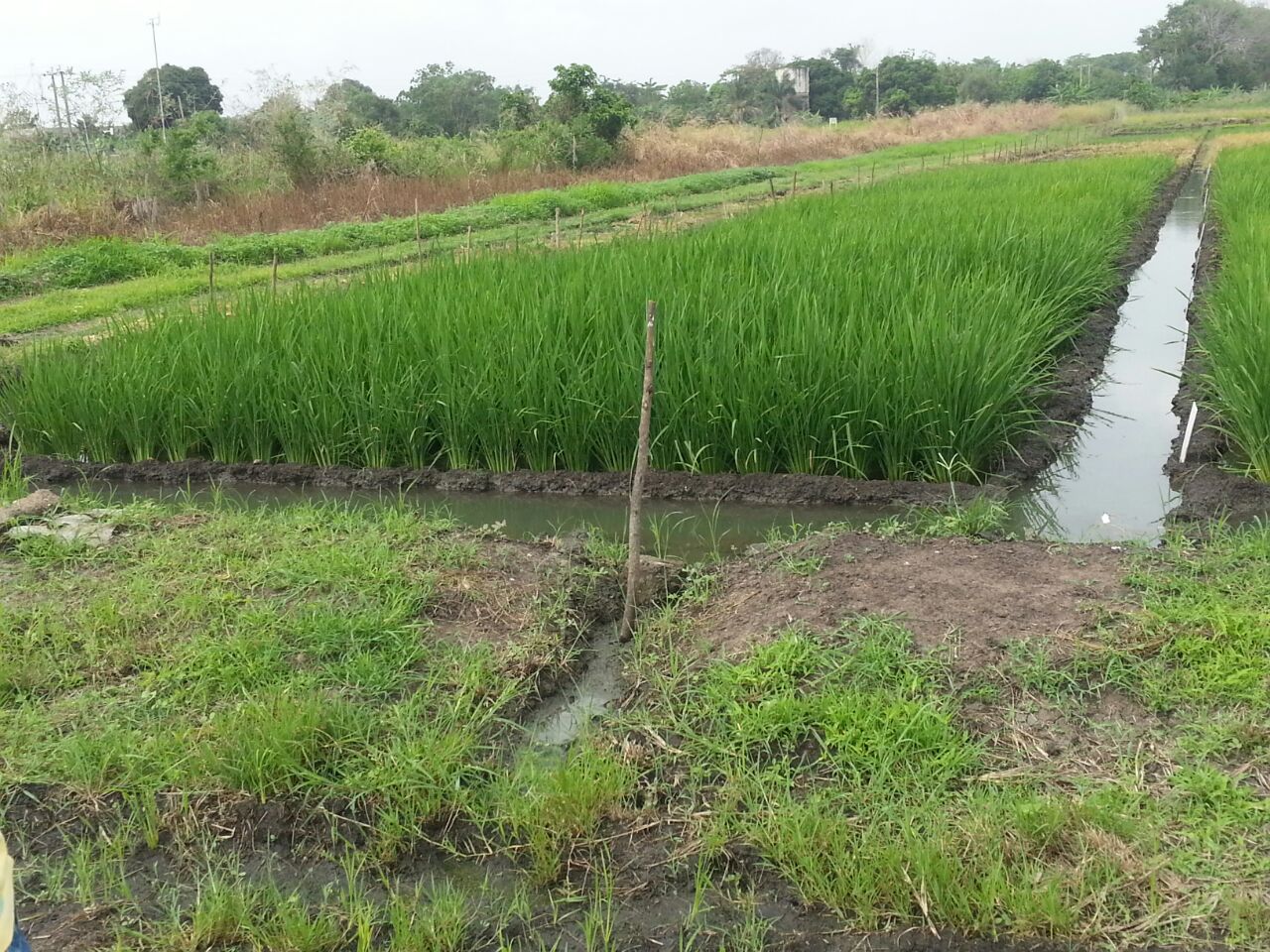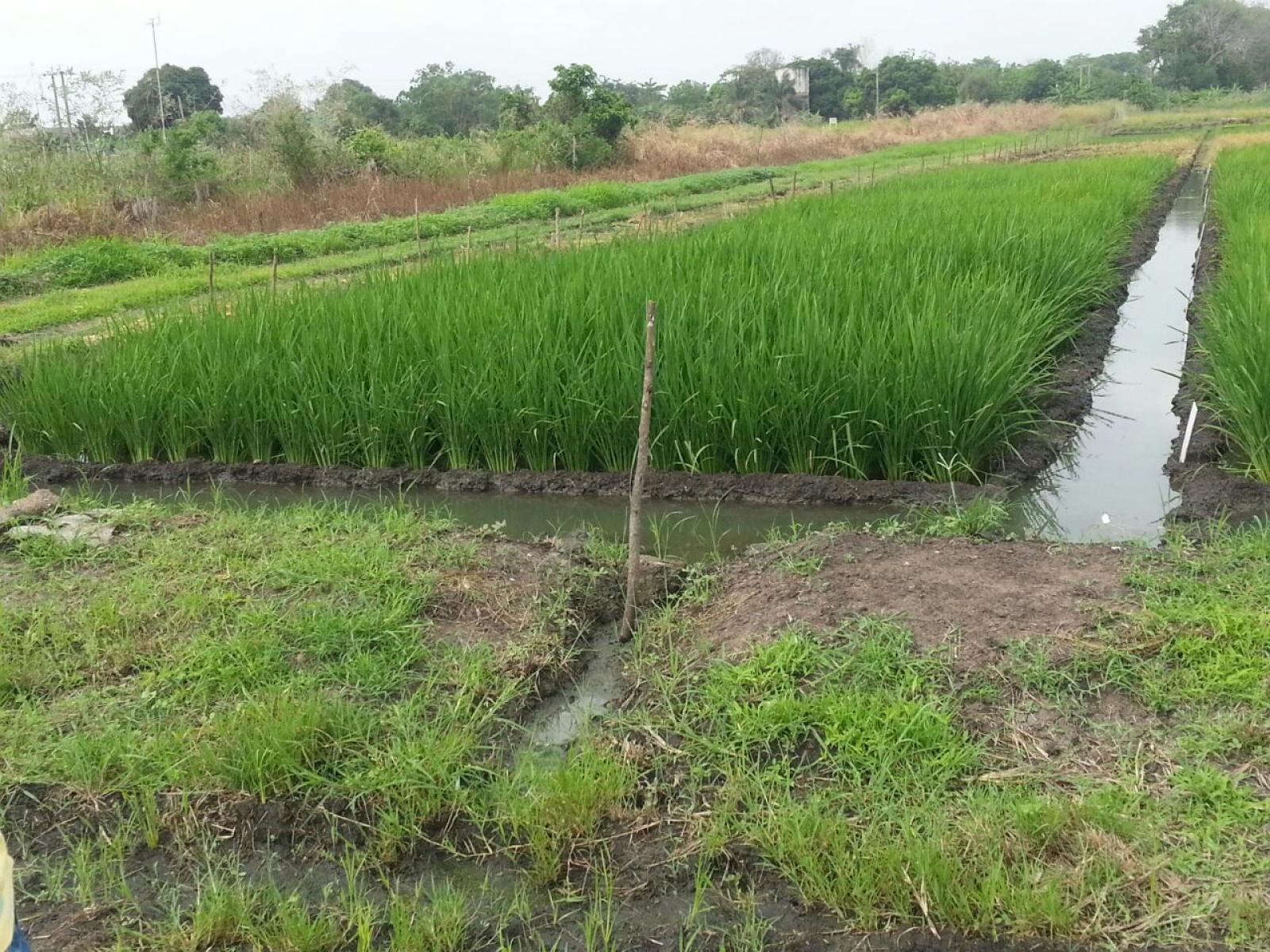An Overview Of Our Solution
- Population Impacted:
- Continent: Africa
Organization type
Population impacted
Size of agricultural area
Production quantity
People employed
Describe your solution
Describe your implementation
External connections
What is the environmental or ecological challenge you are targeting with your solution?
Describe the context in which you are operating
The continuous application of inorganic fertilizers has deteriorated soils and reduced crop yield. Also, there is 50% increase in inorganic fertilizer prices in the country due to the removal of government subsidy on fertilizer prices, high fuel prices and the fallen of the local currency on exchange market. Traditionally, rice is grown under continuous submerged soils which leads to high amount of water loss through evapotranspiration, seepage and percolation. However, Ghana has been predicted to face water shortage by the year 2025. Thus, rice production which is already low in the country will be negatively affected since rice consumes higher amount of water than any crop in the agricultural sector. To solve these problems, field and pot experiments were conducted to assess the effect of alternate wetting and drying (AWD) irrigation management and integrated compost and inorganic fertilizer application on rice yield and soil fertilizer.
How did you impact natural resource use and greenhouse gas emissions?
Language(s)
Social/Community
Water
Food Security/Nutrition
Economic/Sustainable Development
Climate
Sustainability
The solution improves soil fertility and soil health over time. Since the solution increase grain yield and reduce production cost, enough funds can be saved by farmers to increase their farm sizes. Moreover, the technology reduces the cost of production whilst grain yield increases. The technology also reduces the quantity of water used for irrigation, so in the era of water shortage, this technology will ensure the sustainability of rice production in Ghana.
Return on investment
Entrant Banner Image

